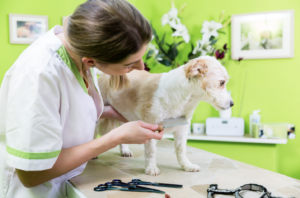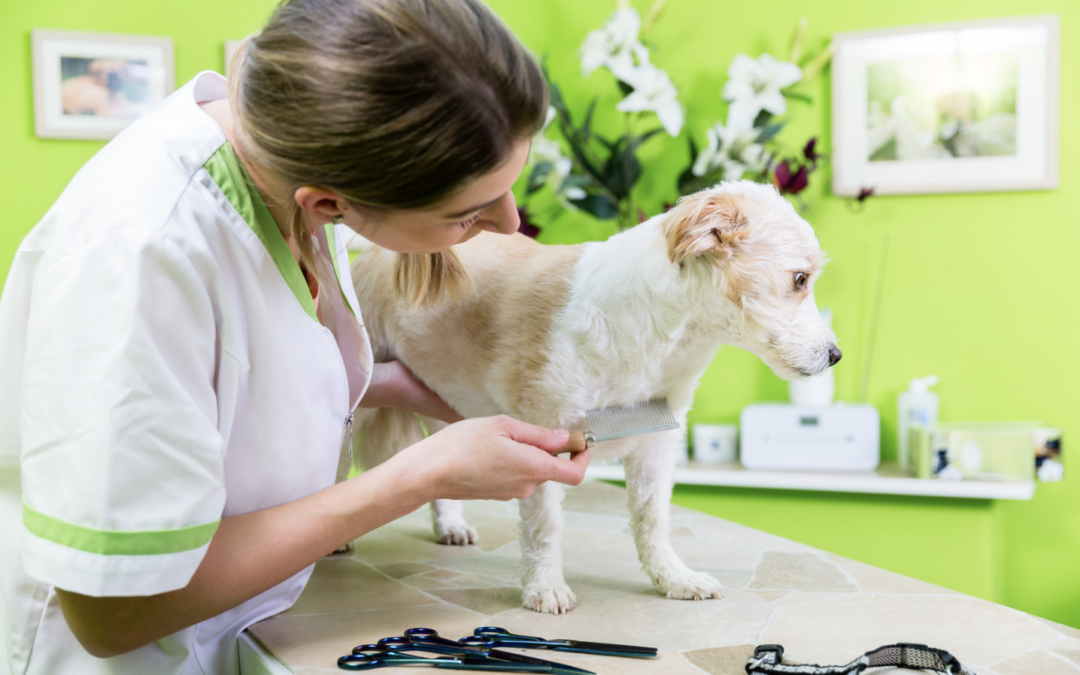When battling head lice, a common concern among pet owners is whether these pesky parasites can jump from humans to their furry companions. The fear of a full-scale infestation taking over not just your family’s heads but also your pets is daunting. Let’s explore the biology and behavior of head lice to understand whether your pets are at risk.
The Nature of Head Lice
Head lice are tiny insects that live on the human scalp, feeding on human blood. They have evolved alongside humans for thousands of years and are highly specialized parasites. This specialization extends to their choice of host: head lice infest humans and humans alone.

Why Pets Are Spared
The reason pets don’t catch head lice from humans boils down to biology and lifestyle differences:
- Host-Specific Parasites: Head lice, scientifically known as Pediculus humanus capitis, are adapted specifically to the conditions found on the human head. They require human blood to survive, and their claws are perfectly designed to grasp onto the texture of human hair.
- Different Environments: Pets like dogs and cats have fur that creates an environment quite different from human hair. The temperature, humidity, and the way the hair grows on animals do not provide the ideal conditions for head lice to thrive.
- Cross-Species Infestation Is Rare: In the world of parasites, most species tend to be host-specific. While there are exceptions, head lice have not evolved to cross over to different species, including your pets.
What About Other Types of Lice?
It’s important to differentiate head lice from other lice types. Animals do get their own specific lice, such as dog lice (Trichodectes canis) and cat lice (Felicola subrostratus), which are adapted to live on those specific animals. These lice cannot live on humans, just as human lice cannot live on pets.
Preventing and Treating Lice in Pets
While you don’t need to worry about your pets catching head lice, they can still suffer from their species-specific lice. Preventing these infestations involves regular grooming, maintaining a clean living environment, and using veterinarian-approved flea and lice prevention products. If you suspect your pet has lice, consult your veterinarian for a diagnosis and treatment plan.
In summary, your pets are safe from catching head lice from your family members. Head lice are a human-specific problem, requiring human hosts to survive. While the thought of lice can cause worry, it’s reassuring to know that this particular concern does not extend to the furry members of your household. However, it’s always wise to be vigilant about the health and hygiene of all your family members, two-legged or four-legged, to ensure everyone stays happy and healthy. When it comes to your own itchy head – make sure to get it checked out by one of our professionals at our lice removal clinic!


Recent Comments